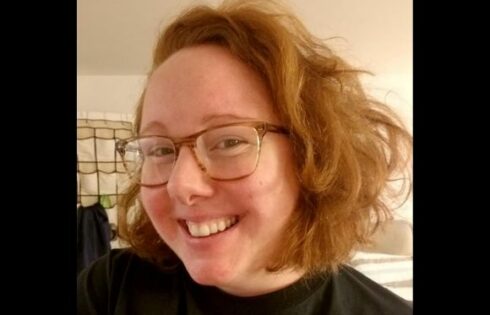
Elliot Rodger’s rampage through Isla Vista, which ended with his death and that of six others, is bringing new concern over a previous Isla Vista attacker who was released two years ago under California’s controversial Forensic Conditional Release Program.
FoxNews.com reports that David Attias, who served just over a decade in a mental hospital after pleading insanity to plowing his Saab through a group of young adults in Isla Vista in 2001, was released into an “outlocked treatment program” in 2012.
Like Rodger, Attias is the son of a Hollywood director. He was a freshman at the University of California-Santa Barbara when he killed four people and climbed atop his car, declaring himself “the Angel of Death,” FoxNews.com said.
But Attias demanded a lawyer immediately after his arrest, casting doubt on his alleged insanity, and his behavior in the mental hospital suggests his rehabilitation might not be complete.
Attias was written up for infractions including sending “a series of sexually-explicit letters to another resident’s sister,” and another mental patient beat him up for allegedly “ogling” the patient’s girlfriend, FoxNews.com said.
While Attias lives in a group home, visits a separate facility for professional treatment and is subject to random drug testing and searches, he is “literally [in] a residential facility where this killer can come and go as he pleases,” Southern California criminal defense attorney David Wohl told FoxNews.com.
Since he wasn’t found guilty, Attias isn’t classified as a felon or required by law to notify prospective employers of his past, and under CONFREP there’s no legal obligation to notify neighbors.
California’s Department of State Hospitals website says CONFREP participants re-offend at much lower rates two years after their release (6 percent) than “a sample of persons released from state hospitals” who don’t go to CONFREP (27 percent). CONFREP participants also have “very low levels of substance abuse” in the program, the website says.
California lawyer Leo Terrell of CleartheCourt.com said those numbers are impossible to confirm, FoxNews.com said.
“Privacy laws prohibiting the release of patients’ medical records prevent the public from truly knowing the success rate of the program,” Terrell said.
A civil lawsuit by the victims’ families against Daniel and Diane Attias – which claimed negligence on their part for giving the Saab to their mentally troubled son – appears to have been settled confidentially in 2003, FoxNews.com said.
Greg Piper is an assistant editor at The College Fix. (@GregPiper)
Like The College Fix on Facebook / Follow us on Twitter
IMAGE: kcoy/WorldNow.com





Please join the conversation about our stories on Facebook, Twitter, Instagram, Reddit, MeWe, Rumble, Gab, Minds and Gettr.